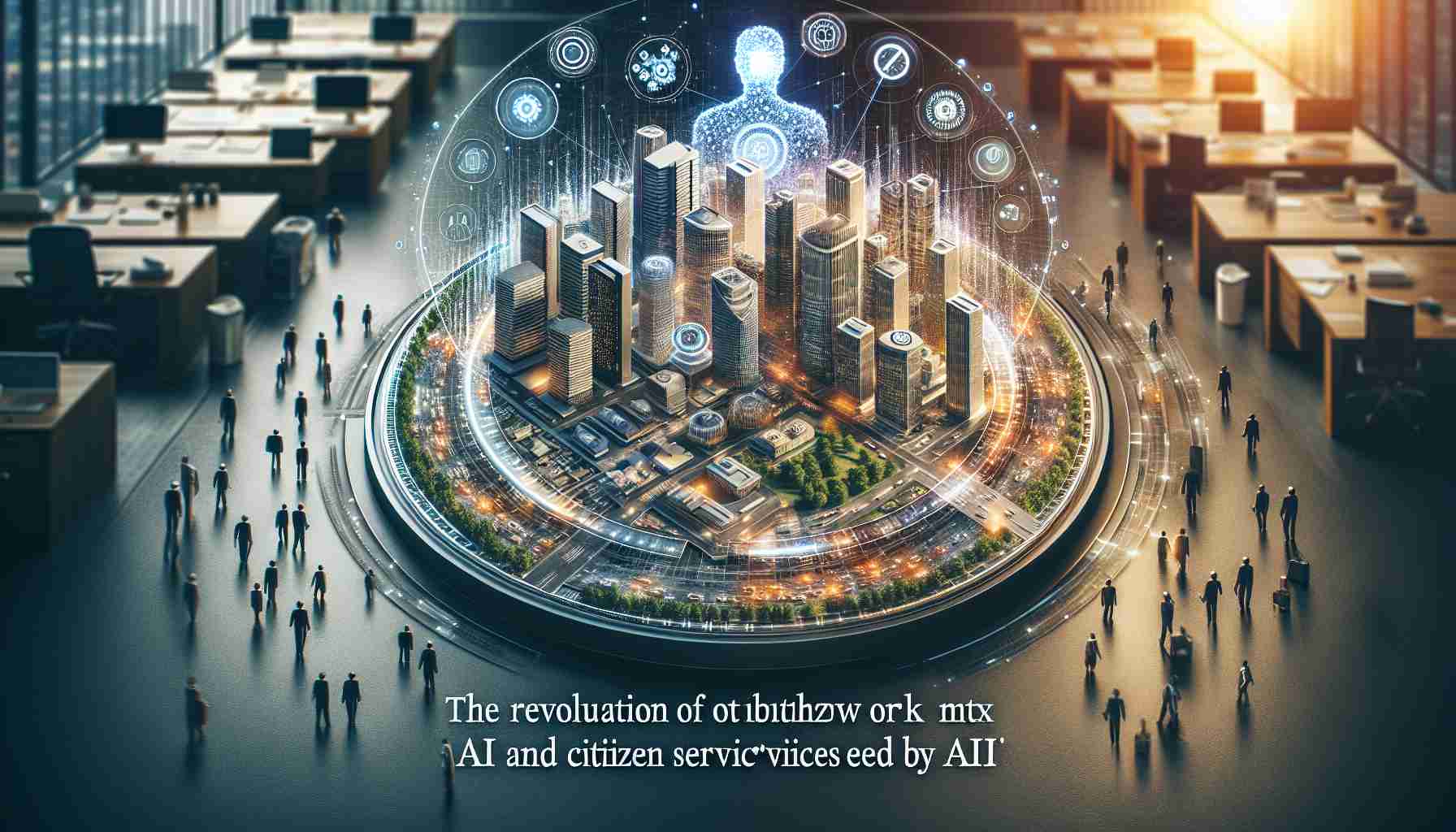The continued excitement around artificial intelligence (AI) is prompting discussions on its potential impact on the workplace and public services. The Cultural and Creative Industries Network Allgäu (NeKKA) recently held an event in Kempten, addressing this issue, particularly within their industry sector. NeKKA’s chairman Elmar Giglinger opened the evening with a clear message: AI is here to stay, and engagement with the technology is imperative.
The creative sector has actively engaged with the phenomenon of ChatGPT through the “Fair AI” position paper, emphasizing the need to protect intellectual property and reinforce copyright laws. Carola Kupfer, President of the Bavarian State Association of Cultural and Creative Industries, highlighted the initial emotional reactions to AI, ranging from fear of job replacement to a desire to harness AI creatively.
Gero Gode, Managing Director of Alpha Star Management and expert in innovation analysis, shared insights from a Harvard Business School study centered around ChatGPT’s use. One group utilized ChatGPT 4, with proper training, to perform a task while another group did not. The results were striking: the first group completed the task 25% faster and with a 40% improvement in quality.
Gode concluded that users of ChatGPT can achieve superior outcomes when armed with equivalent knowledge. Future versions of ChatGPT are expected to take over even more tasks, notably in specialized fields requiring advanced degrees. Currently, ChatGPT can handle roughly 40% of tasks in such areas, a figure that could rise to 80% within one to two years, potentially impacting roles like graphic designers and database administrators.
With the fourth iteration of ChatGPT, users can create a virtual team of experts by instructing the AI on the ideal qualifications needed for a task, and then crafting a work plan through a role-playing prompt. These prompts can be stored for future use, increasing efficiency and precision in task completion.
Andreas Ellinger, the head of Kempten’s Smart City project, elucidated AI’s benefits in citizen services like streamlining routine tasks in building permit applications. Although AI saves time by checking for completeness and necessary signatures, critical decisions impacting individuals remain a human responsibility.
The event concluded with a universal agreement on AI’s impressive capabilities and the necessity for training and guidelines. A call was made for improved AI expertise within politics and government ministries.
Artificial Intelligence: Revolutionizing Work and Citizen Services
The introduction of artificial intelligence (AI) into the workplace and public services is having a transformative effect, leading to radical changes in how work is carried out and how citizen services are delivered. The advancements in AI technology, including the development of models like ChatGPT, have caused widespread discussions about its implications, as demonstrated by events like the one held by the Cultural and Creative Industries Network Allgäu (NeKKA).
Key Challenges and Controversies
One major challenge with AI is the potential for job displacement. There is concern that AI systems could replace human workers in certain tasks, particularly in areas where AI has the capacity to work faster and with greater accuracy. This brings about numerous questions:
– Can AI and human workers coexist in the workplace?
– How can workers be upskilled to thrive alongside AI?
– How will AI impact employment laws, and what policies should be established to manage this impact?
Another controversy lies in intellectual property rights and copyright. With AI generating creative content, traditional notions of authorship are scrutinized, raising significant questions about the protection of intellectual property.
– Who owns the content generated by AI?
– How will copyright laws adapt to AI-generated content?
Advantages and Disadvantages
The use of AI brings multiple advantages such as improved efficiency, enhanced quality of work, and the potential for innovative solutions to complex problems. It’s particularly beneficial where AI can handle routine tasks, allowing humans to focus on higher-level duties that require emotional intelligence and creative thinking. For instance, in citizen services like building permit applications, AI can significantly reduce processing times by performing initial checks.
On the other hand, disadvantages include the aforementioned potential job loss, ethical considerations regarding decision-making, and biases in AI algorithms. AI systems may also lack the nuanced understanding that comes easily to humans, making it essential to maintain human oversight in critical areas.
Conclusion
AI is undeniably shaping the future of work and public services, but it’s important to approach its integration with caution and foresight. This requires collaboration between industry professionals, policymakers, and AI developers to ensure ethical, fair, and effective use of AI.
For further information about artificial intelligence, you may find the following link useful:
IBM Watson
DeepMind
OpenAI
These links provide access to some of the leading organizations working on the development and research of AI technology.

